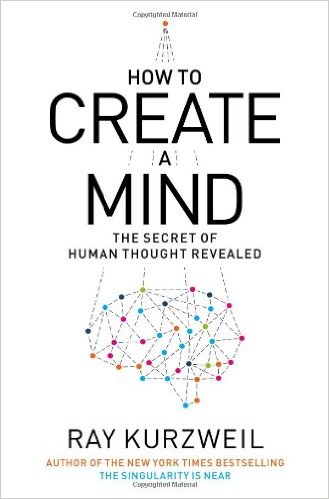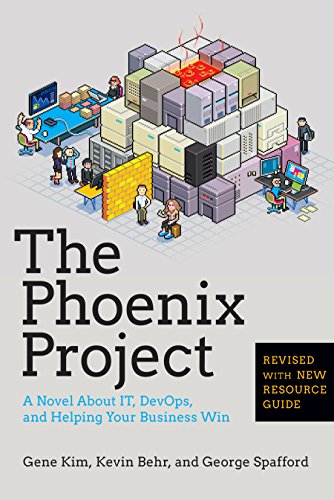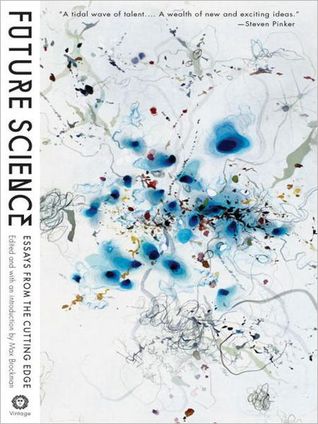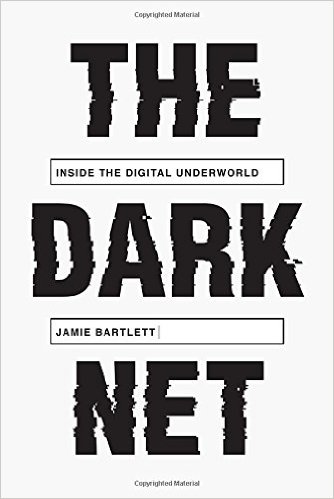Given below are my personal reviews on books I have read, enjoyed, and learned a great deal from. They consist of different genres (both fiction and nonfiction) that have extended my understanding and knowledge on a wide array of topics.
*The list decreases in chronological order, the latest book I’ve read and reviewed is at the top of the list…
Just finished reading an amazing book by another favourite science fiction author, Peter Hamilton. Having written some of the best sci-fi and space operas (The commonwealth saga, the greg mandel series, the void trilogy etc.), his latest work ‘Salvation‘ is the first of an upcoming series of books. The premise is set in a future of about two centuries from now, where a hypothetical corporation (Conexxion Corp) has mastered and built a huge network of real-time teleportation portals that work on the principle of quantum entanglement. This enables humans to expand into the galaxy and place portals so that the sphere of travel via teleportation is ever increasing. A nice touch I liked in the book, is of a mansion where doors to different rooms are portals – i.e. inside the mansion you have the ‘moon room’ or ‘mars room’ which is basically a (two-way) portal that takes you to a room with a view situated physically in the said planet/moon. Humans experience technological and industrial advancements in this networked ‘teleportable’ world, expanding into space building vast structures and encountering alien species in the process. Interestingly, the core of the story starts when a paradox is presented, in that a ship that is the furthest out in space deploying a portal, comes across a derelict crashed alien ship that harbors human bodies in storage. As this cannot be explained by the current teleportation technology (the alien ship would have had to travel faster than light to contain humans within it, humans who could not travel faster than the farthest portal in the galaxy), a delegation is sent to investigate this, and from thereon the whole adventure begins. This is one of Hamilton’s best works yet, and sets the stage for an intriguing series of sequels ahead, one which I am very much looking forward to reading.
Finally got some time off from academic obligations and the logistics of changing jobs, to read a book that I’ve read before a long time back but which I needed to wrap my head around once again. The first novel written by Michael Crichton in 1969 under his own name (instead of a pseudonym) – The Andromeda Strain – is one of his best ever techno-thrillers. The book sparked off a movie, as well as a television mini-series. The concept and scientific basis and background to the events in the story are highly ahead of their time, as expected from something delivered by Michael Crichton. The main story revolves around a remote town where people start dying in very strange ways after getting their hands on a classified government satellite that has crashed, and a team of scientists who are called in to solve the whole mess. The interesting thing (warning: potential spoilers ahead!) about the story is how Crichton creates hypothetical concepts in the novel to render the narrative, and one such fictional (and somewhat controversial) hypothesis is the Odd-Man Hypothesis. Another fantastic concept in the book is Messenger Theory: the theory that an advanced extraterrestrial civilization that would want to announce their presence, would not use conventional physics to do so. Radio waves, light, and even detonating whole stars results in signals that decrease in strength with distance. Therefore any advanced extraterrestrial entity would use biology: self-replicating microorganisms that can grow in strength with distance, to travel and communicate across interstellar (and probably inter-galactic) space. These microorganisms will contain the code necessary to grow into organs or even full organisms upon reaching their destinations, and communicate their presence as well as ways to communicate back, to other biological entities or races encountered. Well worth your time and a great cognitive experience, The Andromeda Strain is a great novel about what happens when messenger theory, humans, evolution, adaptation, and science, collide head-on.
The Phoenix Project, written by Gene Kim, Kevin Behr, and George Spafford, is a fantastic modern day take on the problems and struggles faced by IT departments, specifically focusing on the many issues between Dev and Ops, as well as the impact IT has on other departments in a business. It’s amazing that this book is a work of fiction in the form of a novel with fictional characters, but reminds the reader of so many real world parallels when reading the story. Its main premise is on how the IT department of a major corporation revamps a sinking ship of broken IT processes and strategies, absence of any form of DevOps, and ignorance of the impact and role IT plays in other departments. The key takeaway are the ‘three ways’, from which all of DevOps patterns can be derived. The authors were originally inspired by a book written by Dr. Eliyahu M. Goldratt named ‘The Goal’, which was their primary motivator for writing the Phoenix Project (more details on the concepts in the Phoenix Project can be found at this link). This book would be most beneficial to managers and senior management in IT, but I would wholeheartedly recommend this book to developers, system engineers, QA engineers, security engineers, project managers and business analysts. After reading this book, I’m certain that you would come away with a greater appreciation for the business as a whole, how IT should make all the components and parts of a business work together, and how your work and role contributes to the goals of the business.
Future Science: Essays from the cutting edge is a fantastic array of write-ups collected and compiled together by Max Brockman in this book. It contains essays from scientists who are conducting cutting edge research and investigating ideas at the very edge of our understanding. The essays span across ideas such as how learning about our oceans here on earth can help astrobiological explorations in the oceans of Jupiter’s moon Europa, how analytics on massive data sets teach us about ourselves, a refreshingly new perspective on the concept of infinity, primates being taught how to use money and barter in order to investigate how strategy and reward systems evolved in human ancestors, and much more. A great book to read if you are curious about current research topics and ideas that are at the forefront of our understanding and investigative capabilities.

Ray Kurzweil is an author, computer scientist, inventor, and futurist. Apart from receiving twenty one honorary doctorates, as well as honors from three US presidents, he is coined as the ‘restless genius’ by the Wall Street Journal and as the ‘ultimate thinking machine’ by Forbes. He is also a proponent of the transhumanist and futurist movements, which is reflected in How to Create a Mind, his latest book at the time of this writing. The book has some very interesting premises, touching on a wide array of topics. Mainly, the author presents his pattern recognition theory of mind, as a model of the human neocortex, and goes on to describe the journey of how the blueprint of the mind can be mapped, understood, and replicated one day. Many topics are discussed, ranging from applications of vector quantization, hidden markov models, and the biology of the brain, to turing machines, consciousness, free will, the rise of intelligent machines, and human transcendence via technology. One of my favourite quotes from the book goes as follows: “The last invention that biological evolution needed to make-the neocortex-is inevitably leading to the last invention that humanity needs to make-truly intelligent machines-and the design of one is inspiring the other”. If a truly intelligent machine can invent anything humans can invent (including other intelligent machines), a thousand times better, then they are truly the last invention we will ever need to make.
‘The Dark Net: Inside the digital underworld’ is an amazing journey through the underbelly of the internet that we never see in everyday life. Unless you have been navigating the dark web using a TOR browser, it’s more akin to a fairy tale where we go on in life believing it never exists. This book shows the darkest recesses of the dark web/net, the strangest things that can happen there, how it impacts personal lives and society, and more importantly, how it could actually be driving political change in the real world (Book image credits: image credits link)

Seveneves is a work of science fiction by one of the best authors in the techno-punk/Scifi genres, Neal Stephenson. It is an epic tale spanning a large time scale within the story, and I have written more about it in a blog post here (Book image credits: image credits link)




